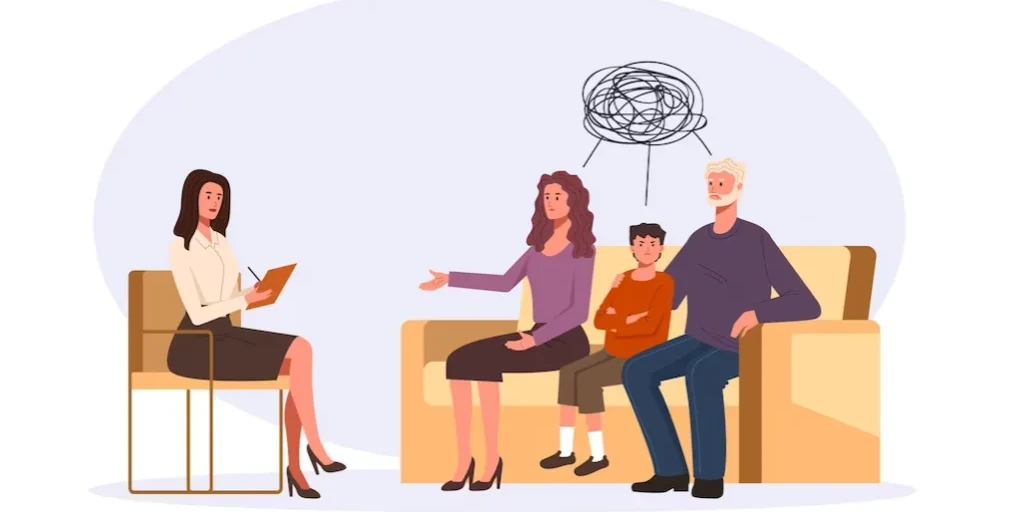24/7 Helpline:
(866) 899-221924/7 Helpline:
(866) 899-2219
Learn more about Dual Diagnosis Rehab centers in Palm Coast
Dual Diagnosis Rehab in Other Cities

Other Insurance Options

WellCare Health Plans

Ambetter

Coventry Health Care

Choice Care Network

Molina Healthcare

Group Health Incorporated

Optum

Self-pay options

CareSource

Health Net

MVP Healthcare

Humana

BlueShield

Horizon Healthcare Service
Beacon

Optima

Providence

Premera

Sliding scale payment assistance

Access to Recovery (ATR) Voucher

Quantum’s Oceanside Recovery
Quantum’s Oceanside Recovery specializes in the treatment of substance abuse, including alcohol and ...

AA – Alcoholics Anonymous
AA – Alcoholics Anonymous is a non-profit rehab located in Palm Coast, Florida. AA – Alcoholics Anon...

Stewart Marchman ACT – Behavioral Health Center
Stewart Marchman ACT – Behavioral Health Center is a private rehab located in Palm Coast, Florida. S...

WhiteSands Treatment – Palm Coast
WhiteSands Treatment – Palm Coast is a private rehab located in Palm Coast, Florida. WhiteSands Trea...









